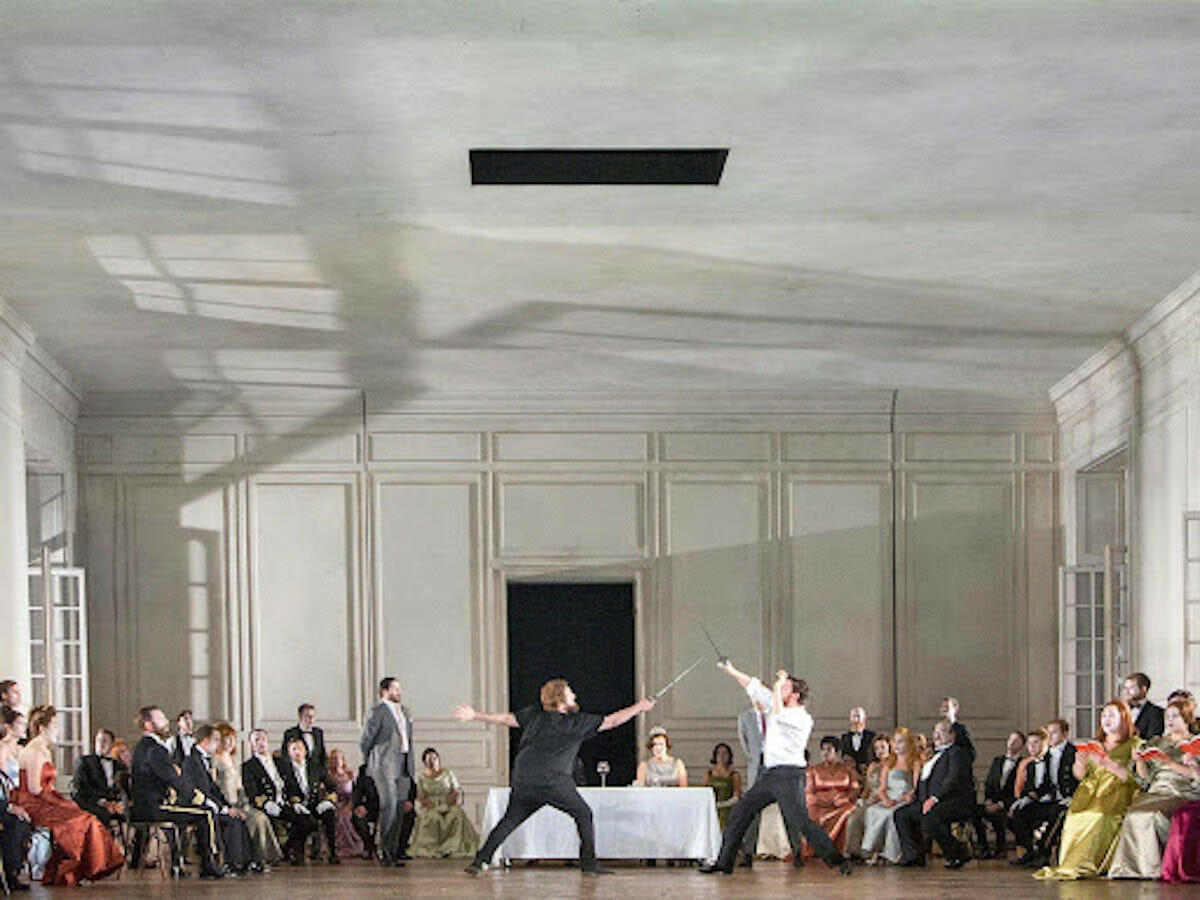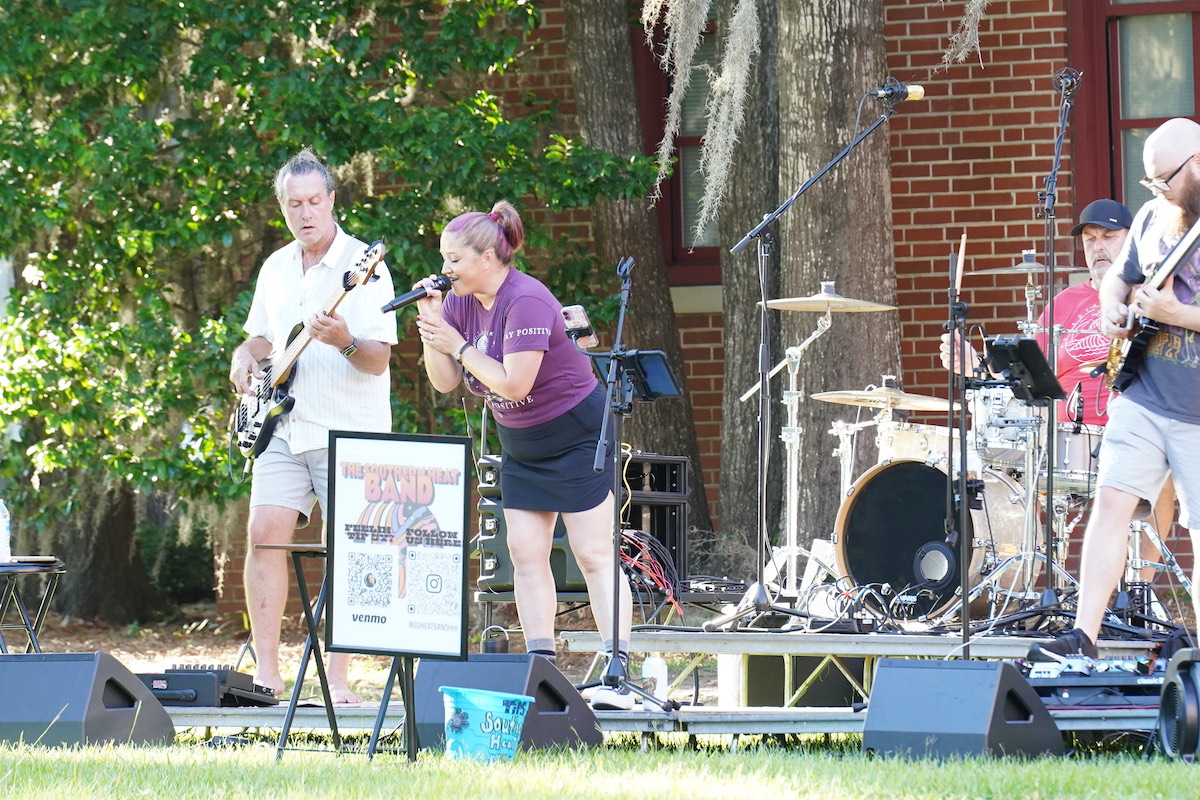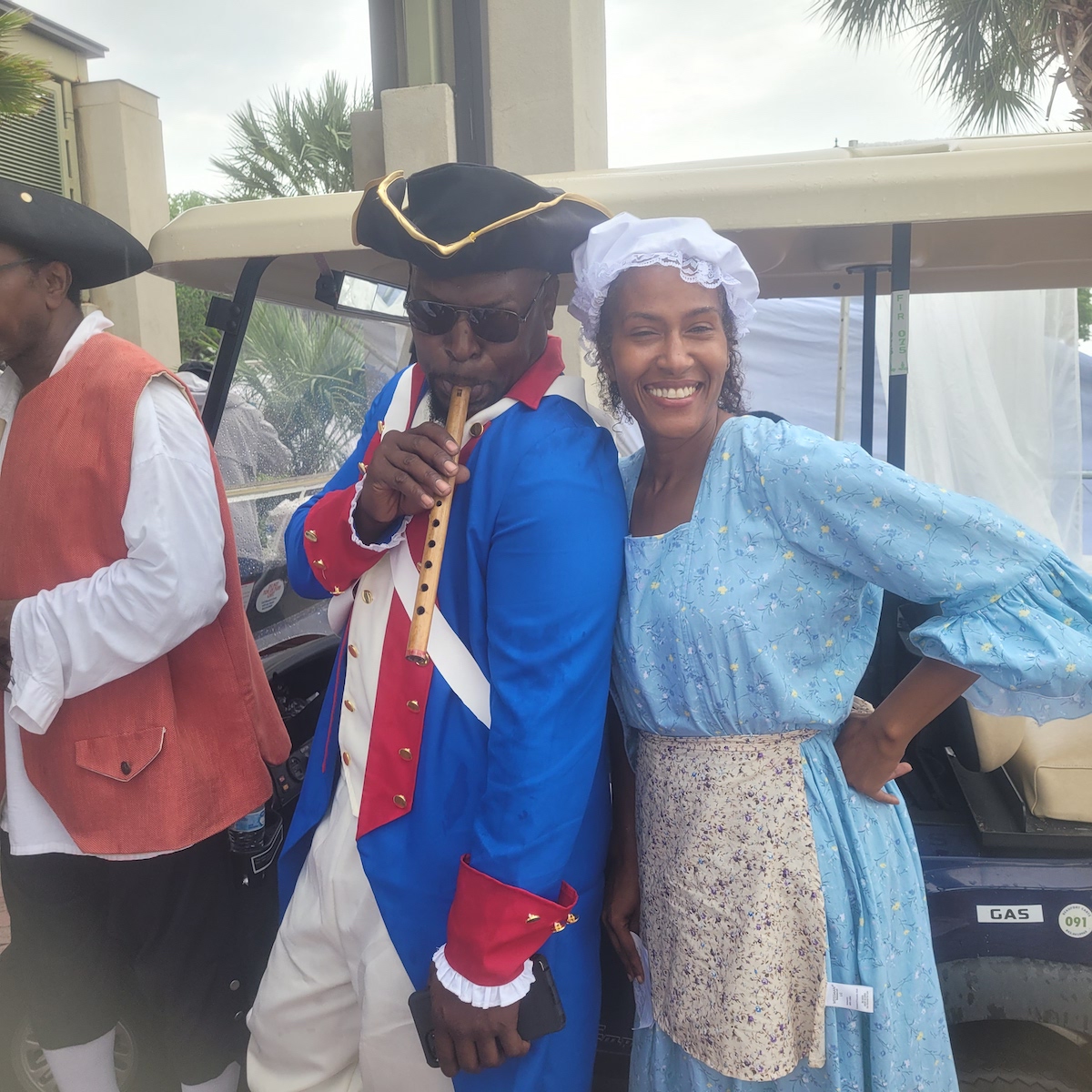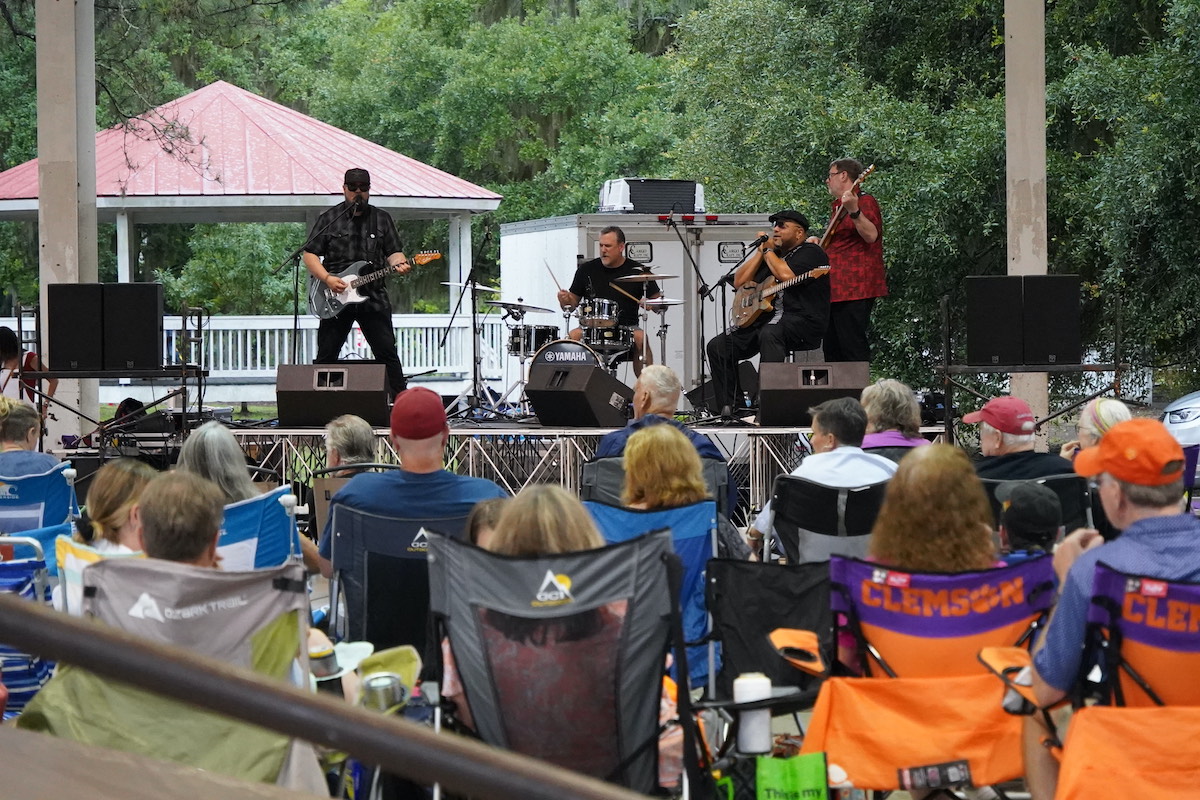By Becky Sprecher
To adapt or not to adapt, that is the question. So says the Metropolitan Opera about their upcoming production of William Shakespeare’s Hamlet.
The Australian composer Brett Dean will present his adaptation of the greatest play in the English language in a Hi-Def Simulcast on Saturday, June 4 at the Center for the Arts on Carteret Street. Curtain is at 1 p.m.
We all know the story. Prince Hamlet is mourning the death of his father, King Hamlet, and the “o’er hasty marriage” of his mother to the King’s brother, Claudius. A ghost appears and confirms the Prince’s suspicions that his father was murdered by Claudius. This traumatizes the young Prince and sets in motion a series of horrendous events that result in a whole lotta killin’ goin’ on.
Many opera composers have been drawn to Shakespeare’s dramas; Verdi’s adaptations of Othello, Macbeth and Falstaff form the core of his work and are still performed today. But Verdi shied away from both Hamlet and King Lear, writing, “These huge subjects demand too much time. If Lear is difficult, Hamlet is more so.”
Says the New York Times, “An opera composer would need the epic gifts and epic gall of a Richard Wagner to consider an adaptation of Hamlet and think: ‘Yup, I’ve got this.’”
Hamlet is a big story with a lot of angles, and the composer must decide how faithful he or she should remain to the text. To further complicate matters, there are several different versions of the play, as if Shakespeare almost expects one to pick and choose elements that will make it relevant to the times. Hamlet is also in five acts so it must be modified for length. In spite of all the problems, Brett Dean appears to have tackled this bad boy to the ground.
Dean explains how he and his librettist, Matthew Jocelyn, approached making these decisions. “We started by each writing down the six most important things that we felt the opera had to include. And then the next six. Then, we compared notes,” he said in a Met interview. “From there, Matthew took over, first reducing the drama to 15 key scenes, then whittling it down to 12.”
They also wanted to stay faithful to Shakespeare’s language and meet the audience’s expectations of hearing those all too famous lines from the play.
“We knew that we were going to have to address the elephants in the room — for instance, what were we going to do with ‘To be, or not to be?” said Dean, “so Matthew came up with this quite ingenious monologue that sets up some of the touchstone moments, which also become important recurring musical motifs.”
Many of us prefer the tried and true over contemporary operas, so what’s special about this Hamlet, and why should we go see it?
First of all, it’s a hit. Dean’s production premiered at England’s Glyndeborne Festival in 2017, just miles away from the Globe Theatre where the original Hamlet was performed some 400 years ago.
“New opera doesn’t often get to sound this good,” said The Guardian, “Shakespeare offers a gauntlet to composers that shouldn’t always be picked up, but Brett Dean’s Hamlet rises to the challenge.” (The Met website)
Secondly, Hamlet was written for an exciting British lyric-dramatic tenor named Allan Clayton, and it’s not very often that you get to see an opera with the original lead performing. The role is physically demanding, as the Prince must engage in fist fights, sword fights, and sing in a crouched position, all the while overwhelmed by rage and grief. It is a real marathon for a singer because he never leaves the stage.
Says Dean about his star, “He was made to be Hamlet. He brings a heartbreaking vulnerability to any part he sings, and as you find in the best tenor voices, his singing has this sense of heroism — tragic heroism in this case.”
Thirdly, it’s timely. “Regardless of gender, creed, race, religion, color, anything … it speaks to everything we question every day,” said Clayton in an interview with Opera News Magazine. “Existential crises and love and loss and grief — he’s driven by grief and the rage of grief … The character of Hamlet is in all of us.”
You can say that again. After 9/11, the Forever Wars, the Great Recession, COVID, January 6, and Russia’s invasion of Ukraine, we’re all going a little crazy. Perhaps seeing a performance that validates our feelings in a beautiful way is healthier than isolating ourselves with cable TV or social media.
Lastly, look for the music and the production to be really interesting. Elsinore, the castle, almost becomes a character. Dean places chorus members in the string section of the pit, and percussion and brass in all sections of the theatre so the audience is immersed in the drama. It makes them feel like they are in the castle itself — if not inside Hamlet’s head. How this will come across to those of us watching it on a screen remains to be seen, but I’ll bet it’s exciting to experience it live in person.
Expect also to hear new sounds that will accentuate the drama through an array of electronics and unexpected instruments, including accordion, sandpaper, a percussion instrument called a “lion’s roar,” a Japanese singing bowl played by swirling a marble inside, and a tam-tam rubbed by a rubber ball with the pitch electronically lowered a few octaves. According to Dean, the latter is “the creepiest sound imaginable.”
The time frame of the production is ambiguous; the set rotates from an 18th century manor house ballroom to the backstage of a theatre, while the costumes reference 1950s couture. The singers have white, blotchy, Kabuki-like patches on their faces, as if they have been rushed out for the performance before they are completely ready, causing the audience to feel that they are backstage with the players.
“To adapt or not to adapt” should be a worthy topic for your après performance dinner. I say opera must adapt. Like other art forms, it has to grow and challenge us in new ways, or it will die. Hamlet is “brooding, moving and riveting” said the New York Times, “they have put agonized characters nearly inside your bloodstream.” Take a chance and go see it; you might learn something. I know I will.
Still waffling? Search YouTube for “Met Opera Education: The Play’s the Thing,” an interview with Brett Dean and Matthew Jocelyn.
Estimated run time: 3 hours, 15 minutes, with an intermission between Acts I and II. Allow more time for interviews and curtain calls. Sung in English. For a full synopsis and production details, visit metopera.org, click Menu/Season/In Cinemas.
To book a seat in advance, visit uscbcenterforthearts. com, click Met, Movies and More. Tickets will also be on sale at the door. Price: $22, and $20 for OLLI members.
WANT TO GO?
What: Metropolitan Opera’s Hi-Def Simulcast of William Shakespeare’s Hamlet
When: 1 p.m., Saturday, June 4
Where: USC Beaufort’s Center For The Arts, 801 Carteret Street
Tickets: To book a seat in advance, visit uscbcenterforthearts.com, click Met, Movies and More. Tickets will also be on sale at the door. Tickets are $22, $20 for OLLI members.
Of Note: Estimated run time is 3:15, with an intermission between Acts I and II. Allow more time for interviews and curtain calls. Sung in English. For a full synopsis and production details, visit metopera.org, click Menu/ Season/In Cinemas.









